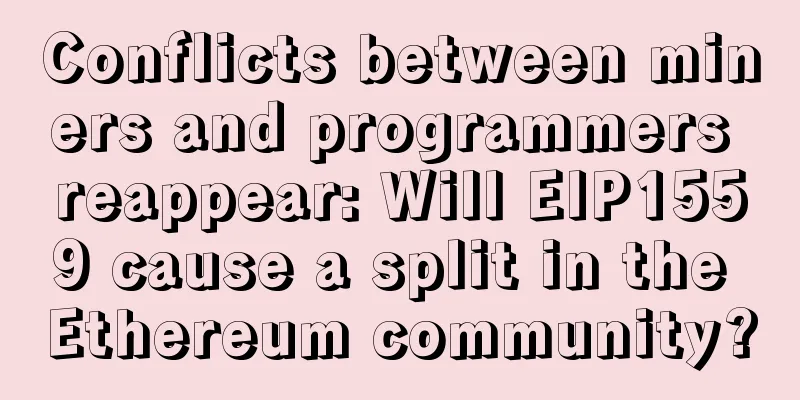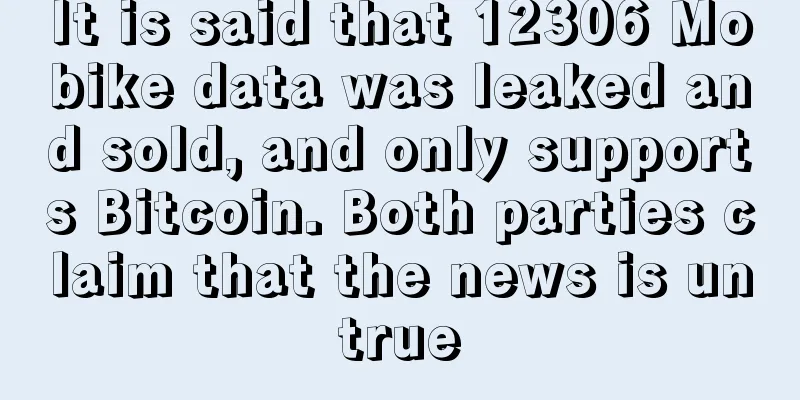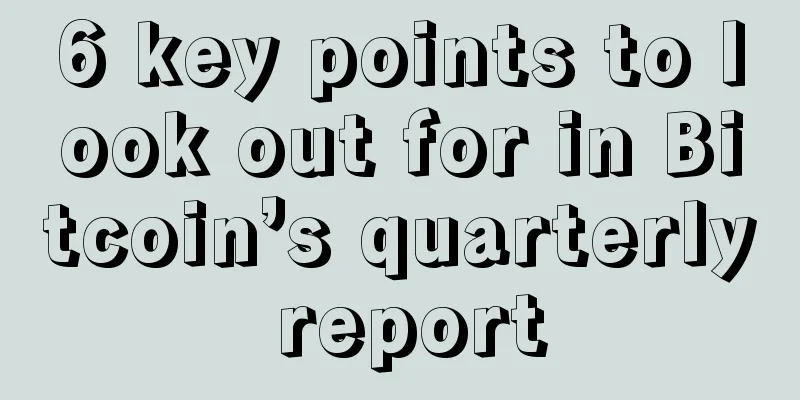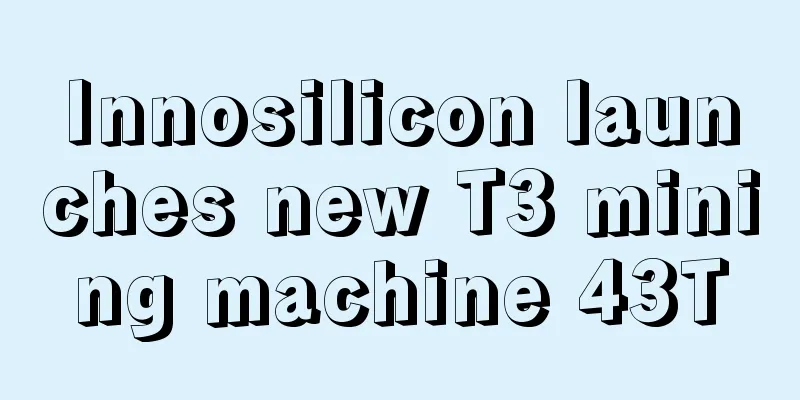Conflicts between miners and programmers reappear: Will EIP1559 cause a split in the Ethereum community?

|
Ethereum is gaining momentum today, and mainstream crypto analysts believe that it will remain strong until the end of the year. Contrary to this general consensus, Ethereum's upcoming 1559 improvement proposal EIP (Ethereum Improvement Proposal) has recently sparked a lot of debate in the Ethereum community. "The controversial EIP-1559 will optimize the user experience and will burn most of the transaction fees instead of giving them to miners to maintain network security. Do you agree with this proposal?" In a survey conducted on Twitter by Bitfly, the parent company of Ethereum mining pool Ethermine, on January 15, 61.5% of voters, except for 17.9% of the spectators, opposed the proposal, while only 20.6% were in favor. Ethereum mining pool Flexpool published an article yesterday, formally announcing its opposition to the EIP-1559 proposal. In this article, Flexpool called on the community to respect miners and stop speculative behavior. It also accused Ethereum developers of long-term indifference and disrespect to miners: "Ethereum developers once said that miners are 'animals', what else can we expect from them?" According to Flexpool, the existing Ethereum transaction fee mechanism is to implement a fixed block size, which specifies the maximum number of transactions that can be processed in a block. On-chain transactions are sent to miners, who decide which transactions to include in the block and which not. This introduces the transaction fee auction mechanism; users bid on transaction fees to prioritize their transactions over other transactions. Miners select the transaction with the highest transaction fee and include it in the new block. After EIP-1559 is activated, blocks will become larger and miners’ income will also change: “The base fee after EIP-1559 is launched can be explained as follows: instead of paying tips to waiters, you burn the tips in front of the waiter and laugh at him… The transaction fees are not saved; on the contrary, the fees are generated and burned (not paid to miners). Our miners do not support EIP-1559 and therefore oppose the proposal.” Although some people believe that EIP-1559 will be beneficial to the security of the Ethereum network and the value of the public chain (therefore beneficial to miners), the proposal will undoubtedly reduce the income of miners at this stage. Under Bitfly's EIP-1559 Twitter survey, many people also expressed sympathy for miners: “If POS represents the end of miner income, then EIP-1559 is the equivalent of punching a cancer patient in the face.” ...... "...these statements are full of prejudice. You can add a picture of poor starving miners begging for bread." After continued fermentation, the Ethereum developer community seems to have been touched. In the latest post, the developer of the proposal first emphasized that transaction fees only account for a small part of miners’ income, and it is not clear how much transaction fees will be burned after EIP-1559, but still agreed to take the following measures: “1. Better document and communicate the impact of EIP-1559 on miners (this is the start); 2. Record miners’ support/opposition to 1559, preferably with their relevant hashrate, and share this information with core developers as part of the decision-making process related to 1559; 3. When deciding whether to launch 1559 on the mainnet, it is necessary to indicate to the community that the objections have been considered, and if 1559 is still launched, the reasons for rejecting (these objections) will be explained. " Although the problem of reduced miner income has not been completely solved, it at least shows that developers are beginning to take the miners' contributions seriously. In fact, disputes between miners and developers are not uncommon in the POW public chain world. There are precedents for the conflict between miners and programmers causing community forks. In the past, miners represented by Bitmain forked the Bitcoin public chain, and later the ABC development team forked BCH. Miners and developers represent the two most important groups in the blockchain community. How to find a balance between the two will become one of the most important problems before Ethereum's difficult transition to 2.0. As usual, Chinese miners were not present in this community debate. In its manifesto, Flexpool also criticized the world's largest mining pool, StarMining and Ethermine, for not protecting the interests of their miners. Miners transfer their voting rights to the mining pool after joining it, and the mining pool operators should have made choices that maximized the interests of their miners, but they did nothing. References: https://medium.com/flexpool/flexpool-announces-its-position-against-eip-1559-heres-why-c5275b7c4465 https://medium.com/@ralexstokes/miners-favor-1559-b91e003b63eb https://hackmd.io/@timbeiko/1559-updates/https%3A%2F%2Fhackmd.io%2F%40timbeiko%2F1559-update-006 |
<<: Joe Biden nominates Gary Gensler to serve as SEC chairman
>>: Filecoin Official Outlook 2021
Recommend
LimoPlay introduces Bitcoin to lead the gaming industry
Nowadays, a large number of gambling websites hav...
Never drink chicken soup for the soul
For some people, chicken soup for the soul is som...
Fortune in the Palm
Fortune in the Palm 1. Look at the overall appear...
How are the moles of people who cultivate both blessings and wisdom?
How are the moles of people who cultivate both bl...
When is it easiest to become famous?
When is it easiest to become famous? Although phy...
The characteristics of broken palm and how to resolve it
The characteristics of broken palm and how to res...
Is palmistry accurate?
In fact, before I came into contact with physiogno...
I don't know what's good or what's bad. I can't tell the difference between good and bad.
If a person does not have the ability to distingu...
What kind of facial features make men tend to be unfaithful? Facial features of a playboy
1. Willow Leaf Eyebrows In physiognomy, if a man ...
Mole analysis: What does a mole on the sole of the foot mean?
Everyone will have some moles on their body, and ...
What does the intersection of the life line and the destiny line represent?
We have many routes in our hands, and many of the...
The current block height of the Filecoin network is 1115660
Filfox browser data shows that the current block ...
RBI says banks cannot cite 2018 circular restricting cryptocurrency trading
The cryptocurrency community heaved a sigh of rel...
Shopping on Amazon Germany directly with Bitcoin?
Austrian bitcoin startup Coinimal has launched a ...
What does a mole on the lips mean? Can a mole on the lips be removed?
Moles on the face are the same as moles on the bo...









